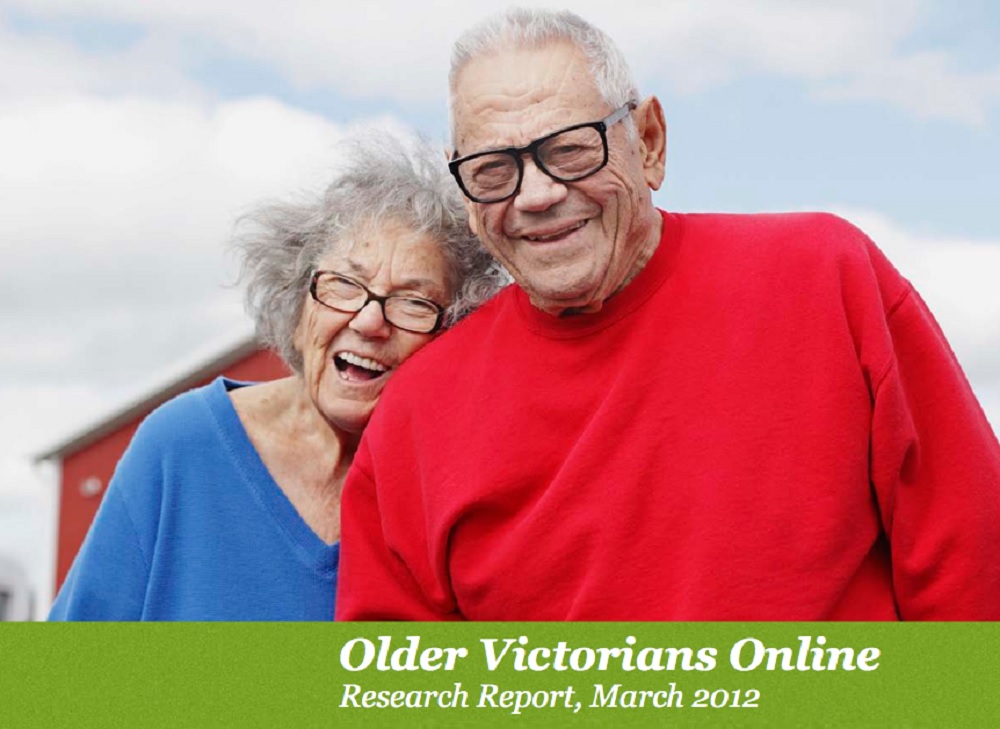
In an environment of rapid change affecting both industry and government, online community engagement has become increasingly important to ensure stakeholder participation. But how have community engagement practitioners traversed the digital divide to ensure the representation of older Australians online?
Social media has given both Government and NGOs cost-effective tools which allow them to easily engage with larger audiences more than ever before – but are they inclusive? Has the emergence of these channels further disenfranchised the most overlooked segments of our society?
Twenty-five percent of over 65 year olds in Australia use social media, however, only a minority share their thoughts on these channels. Are the reasons purely technological? What can we do to ensure that we capture their contribution to the debate and motivate the ‘analogue audience’ to participate in a digital world?
In an era where younger voices dominate social media and older people feel increasingly unheard, ensuring an inclusive approach to online community and stakeholder engagement is of significant social and cultural interest.
Ellis Jones, in collaboration with Council on the Ageing (COTA) Victoria, recently undertook a piece of research to find out just this. The results were presented at the Australasian Conference for Public Participation (IAP2) 2011 conference by Kate Crawshaw.
Surveying 97 COTA members, of which 30% were aged over 75 years old, 80% of respondents said they use the internet.Of the 20% that did not use the internet, 67% said it was too hard or they didn’t know how, whereas 24% said it was too costly and 20% had security concerns.

The fact that the majority of people avoiding the internet is because they don’t know how, is supported by a National Seniors study that suggests it is easier to feign ‘no interest’ than to admit you don’t have the technical ability.

When looking at the concerns of going online, lack of security (63%) and pop-up advertisements (44%) were found to be the biggest annoyances.
But is this actually an ‘old’ people thing? No. Various studies looking into what bugs people the most about going online finds that these two things are annoying Baby Boomers, Gen X, Gen Ys and even the millennials equally.
The results also revealed that the majority (76%) of participants access the internet at home with the main activity online being searching for information (86%), followed by sending and receiving email (83%), booking travel and/or accommodation (46%), and, banking/paying bills and looking up products/services reviews (45%).

47% percent of respondents who use the internet have left feedback online with 83% feeling their comment was acknowledged after receiving follow-up emails and phone calls as well as seeing suggestions in summaries online. Of the 53% who haven’t left any feedback online, the main reasons were that they “couldn’t be bothered” or they thought “no one would take notice”. However, respondents said they would be motivated to leave a comment if they felt they were being heard.
85% of respondents named ‘access to more information’ as the aspect they like the most about being connected online. However, ‘ease of conducting business online’ and ‘better social life’ were also highly regarded, with 82% feeling more empowered, 33% more engaged/included and 32% empowered. Only 2.6% felt more isolated by being online.

When asked about to comment on how increased levels of online engagement by the government in the future would impact them, 42% said they would feel more informed and 46% said they would access more services.
With these results, how do we encourage older Australians to participate online? Barriers to technology are as much about the language that is on the technology. Also consider the motivation and the benefits of joining online discussions from a consumer perspective. In other words, know your target audience and avoid making assumptions.

